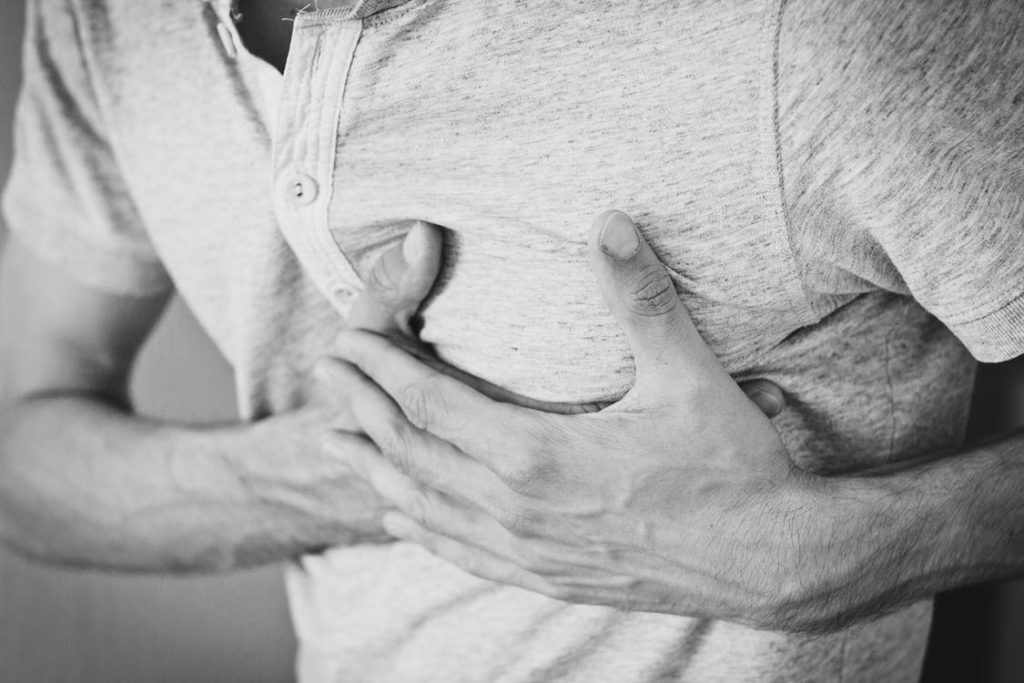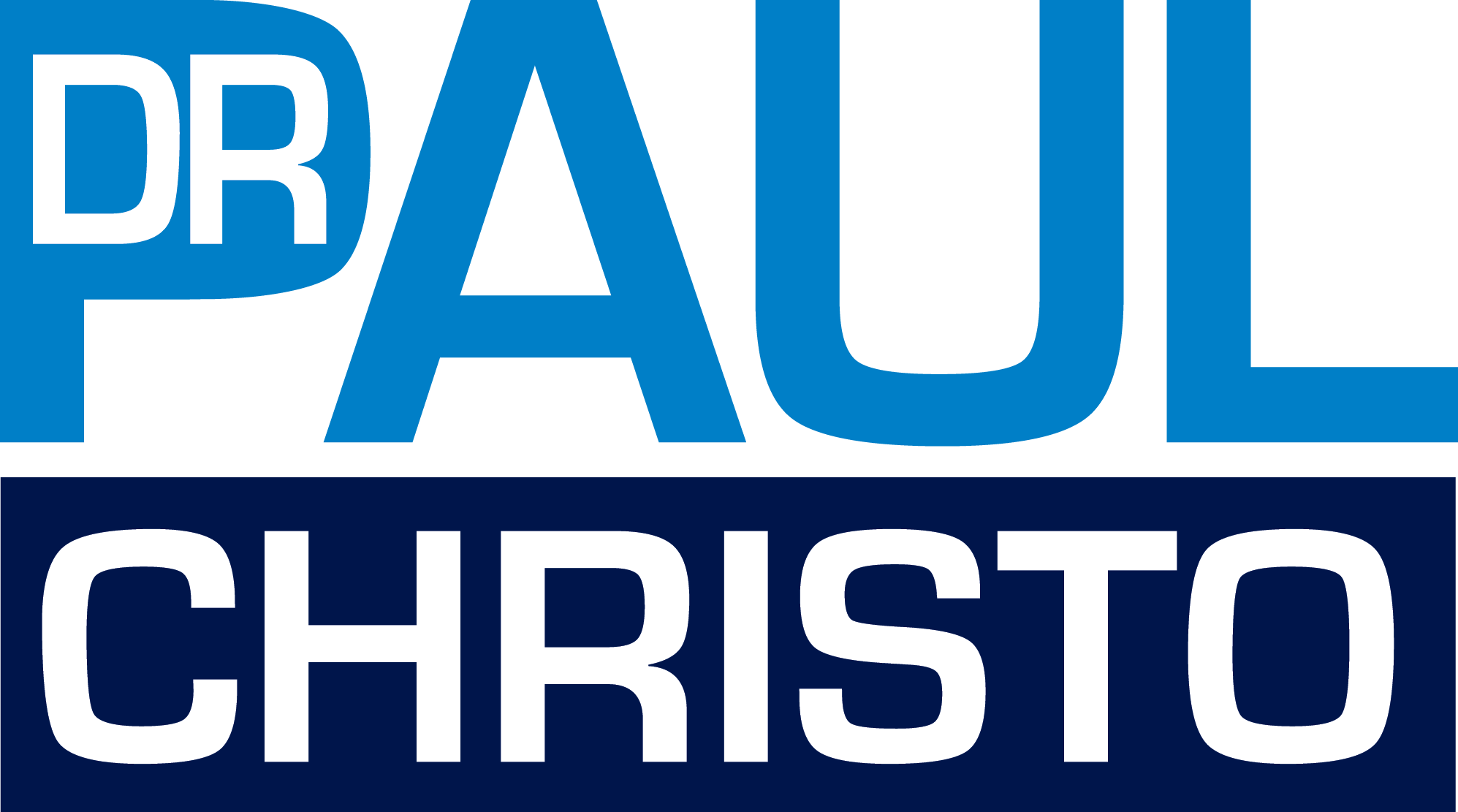
American Heart Month is coming to an end, but there is another important topic I would like to cover with you.
Heart disease, as we all know is the leading killer of women and men in the United States. Studies show that the risk of heart attack is greater among women than men. According to statistics from the Heart Foundation, 435,000 American women have heart attacks annually and 267,000 die from them.
Research also finds that women can experience the pain and discomfort of heart attacks differently than men. Not all women will have the dramatic “Hollywood Heart Attack” – the sudden searing sensation causing you to clutch your chest or the feeling in the left arm like an elephant is sitting on you.
A woman’s pain symptoms are much more subtle. You may feel like you have indigestion, moderate chest pain, or flu-like symptoms.
Was it something you ate or are you having a heart attack?
Meet Eliz Green
One Aches and Gains radio show guest, women’s wellness advocate Eliz Green, had a heart attack while she was pregnant. She had a rare, but not unheard of heart condition that happens to pregnant women. Luckily, she was in the hospital when it occurred. Only 11 minutes passed between her feeling the pain, and complete cardiac arrest.
My two-part interview with Eliz is available as a podcast when you subscribe to Aches and Gain On-Demand. Click either link below to sign-up.
Heart Pain: Sounding the Alarm, Part I
Heart Pain: Sounding the Alarm, Part II
During our interview, Eliz described having a squeezing sensation in her chest that radiated up through her neck and shoulders, “like having on a bra that was two sizes too small.”
She first felt this intense pain in the center of her sternum and eventually she began to throw up. That’s when she knew something was wrong. She did not have an exact feeling of indigestion – this was a different sort of pain.
Recognizing Heart Pain Symptoms
There are countless stories very similar to Eliz’s.
Many women have a variation of this pain. It may not be tightness in the chest. The pain may be in the middle of the sternum and radiate in the neck and jaw.
The pain can be mistaken for heartburn or indigestion. Jaw pain is something that is distinct for a woman experiencing a heart attack. However, not all women experience these intense signs. Sometimes it is subtle.
Flu-like symptoms are also common. But, if you notice it and you think to yourself, “this isn’t normal,” it is always better to be safe rather than sorry in these situations. Heart disease is too common to brush away.
There is a link between a higher incidence of heart disease and hormones, especially after women go through menopause. Here are some other risk factors for heart disease that can also apply to men:
Traditional:
- Diabetes
- High blood pressure
- High cholesterol
- Smoker
- Family history
High Risk Factors:
- Already had a heart attack or stroke
- Previous heart surgeries
- Chronic kidney disease
- Low HDL (good cholesterol)
- Overweight or obese
- Poor diet
- Inactivity
- Collagen vascular disease
- Vascular disease
- Pregnancy-induced hypertension and gestational diabetes even when these conditions resolve themselves after labor
- Polycystic Ovarian Syndrome (Take the PCOS symptoms quiz here.)
To reduce these risk factors, increasing physical activity is key.
Getting your heart pumping using high intensity intervals will decrease your risk significantly. Eating a balanced diet rich in nutrients like leafy greens and fewer fatty foods like red meat or typical junk foods will help your body heal from past damage.
Also, be aware of your family medical history. If you know that you are already at risk, use to your advantage what you do have control over.
If you feel like you are having a heart attack, a common piece of advice is to chew an aspirin while you wait for the paramedics to arrive.
Access Our Heart Pain Podcast Series
These strategies and others are discussed during my interview with Eliz. Conditions that place women at risk of heart disease are also touched upon in my two-part interview with Amy Silverstein, author of Sick Girl, who was born with a rhythm problem called Arrhythmogenic Right Ventricular Dysplasia (ARVD).
Both sets of interviews include the Aches and Gains Heart Pain: Sounding the Alarm series. Sign-up to Aches and Gains On-Demand podcasts to access.
Heart Pain: Sounding the Alarm, Part I
Heart Pain: Sounding the Alarm, Part II
Heart Pain Sounding the Alarm Part III
Heart Pain Sounding the Alarm Part IV
Remember, no one is immune to pain but together we can overcome it.
